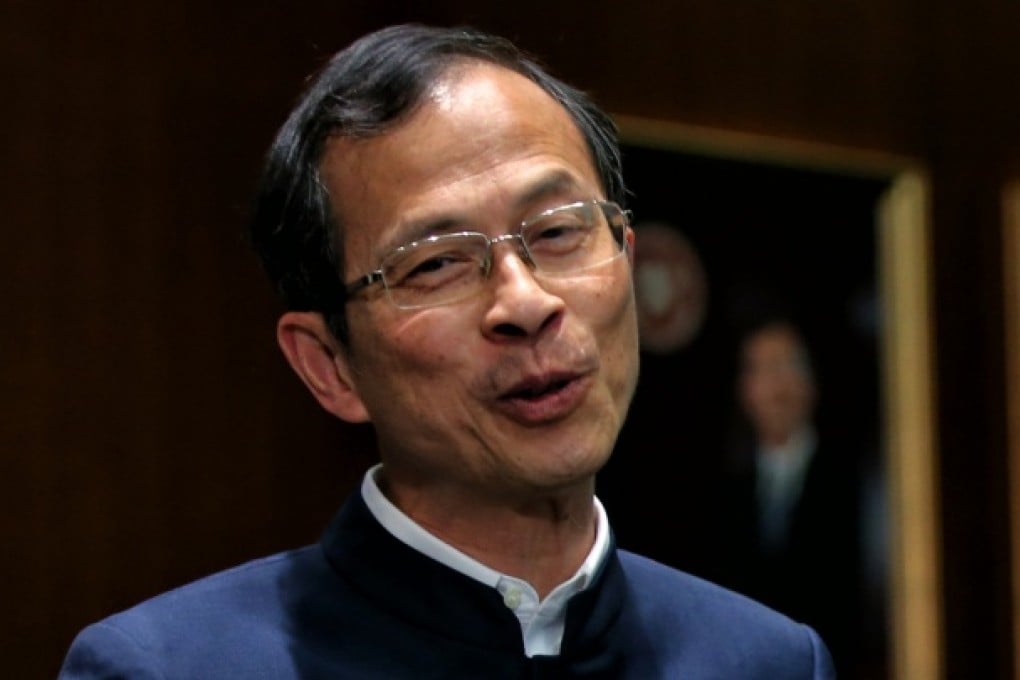Exco has been losing power and authority since handover, says Legco chief Tsang
Jasper Tsang says city's troubled policy-making body has been losing power since the handover and calls for review of its make-up and function

The city's core policy-making authority, the Executive Council, has been losing power since the handover and its function and composition must reviewed, the head of the legislature has urged.
His suggestion follows last week's resignation of Exco member Barry Cheung Chun-yuen, who is being investigated by police in connection with his failed Hong Kong Mercantile Exchange. Another Exco member, Franklin Lam Fan-keung, has been on indefinite leave of absence since November after coming under investigation by the Independent Commission Against Corruption.
Legislative Council president Jasper Tsang Yok-sing said Exco was not living up to its past role.
"During British rule, the Executive Council was a body with actual power. [Its members] had a strong say in front of the governor; their words carried a lot of weight," said Tsang, who sat on the executive councils of former chief executives Tung Chee-hwa and Donald Tsang Yam-kuen. "There was a rule that if the governor reached a decision contrary to the majority view in Exco, he needed to ... give specific reasons on record, which would be seen by the British government. Today, we can't see the Executive Council performing the same function," Tsang said.
Exco's website still says that if the chief executive does not accept its majority opinion, he needs to put the specific reasons on record. And the Basic Law stipulates that Exco is the body responsible for helping the chief executive make policy decisions.